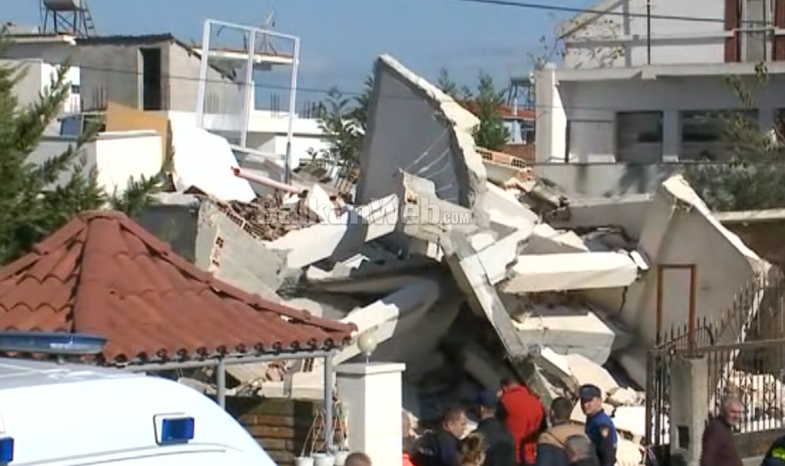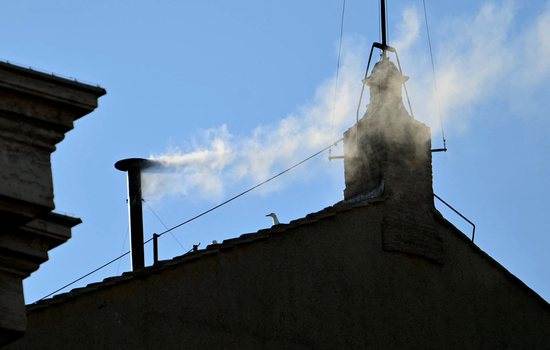
In a series of reports in the local media, stranded under the rubble of earthquake-struck buildings require more than help. It is normal to be thirsty and dehydrated if stuck for hours, but it is not recommended to give them water in such situations.
A stranded person may have gone into shock and therefore, the body gives up all functions it does not consider vital. The blood vessels in the extremities are narrowed so that the trunk of the body retains warmth and therefore needs to be covered; to maintain a normal body temperature. Because non-vital functions no longer work, the digestive tract stops being swallowed. So if they drink water and pass it on to the trachea, they no longer have the cough reflex and choke it.
The shock is very strange to someone who sees it from the outside. A person in shock can look like she's good-looking and in a matter of seconds she may lose her temper. When it is suspected that someone has gone into shock, just keep warm and not give them anything to drink or eat. They can drown without showing any signs of suffocation and simply stop breathing. Bringing it to life at this point becomes very difficult.
Second, if the injured and thirsty person needs surgery, he or she will most likely undergo anesthesia. Anesthesia relaxes the stomach muscles and all its contents climb upwards to the throat and can end up in the lungs, which would be fatal. Therefore, patients enter the operating room with an empty stomach.
If the injured person suffered damage to the digestive tract, water consumption would simply worsen the condition. Since the unskilled attendees only know what they see, they cannot say for sure that the injured person has or has no digestive tract damage. To avoid the worst, avoid consuming water.
Third and lastly, water raises blood pressure and can cause stitches to open.
Not only in this case, but in any traumatic accident, it is not recommended that the injured be given water.





